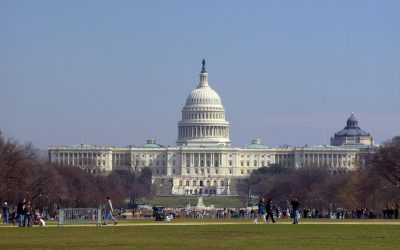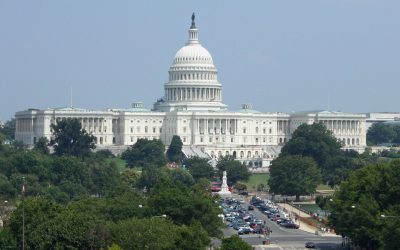A growing movement is underway to impose a global minimum tax of 2 percent on the world’s 2,700 billionaires. This would raise an estimated $250 billion annually. One stated purpose of the movement is to “clampdown on tax evasion.” In truth, such a tax would be akin to eating the seed corn.
To eat the seed corn is to consume that which could and should be used for future production. A farmer who consumes all of his corn this year has nothing to plant next year. The same principle applies to taxation, and particularly taxation of the wealthy.
The wealthy do not put their money under the mattress. It is invested, and that investment fuels current and future production. It provides the capital to build or expand a factory, to start a new business, build housing, and countless other productive activities.
In contrast, the recipients of taxes—governments—produce nothing. Whether they are funding the military, building roads, or handing out entitlements, governments are consumers. And what they consume is the wealth produced by private individuals and businesses.
Every dollar taken by the government is one less dollar to be invested in production by the private sector. One of the complaints being voiced is that billionaires shelter their income by investing in real estate—i.e., production. The estimated $250 billion raised by the global minimum tax is $250 billion that will be consumed, rather than used for productive purposes.
While billionaires are the current target, the global income tax will inevitably be expanded to include those with less wealth. It is worth remembering that when the U.S. income tax was implemented in 1913, a tax rate of 2 percent was imposed on those earning between $20,000 (about $621,800 in 2023 dollars) and $50,000 000 (about $1.55 million in 2023 dollars). Those earning more than $500,000 000 (about $15.5 million in 2023 dollars) paid a 7 percent tax.
By 1918, those earning between $20,000 000 (about $407,000 in 2023 dollars) and $22,000 000 (about $448,000 in 2023 dollars) were paying 21 percent. For each additional $2,000, the tax rate was increased 1 percent, with a top rate of 77 percent for those earning more than $1 million 000 (about $20.4 million in 2023 dollars).
The above numbers illustrate that governments may initially tax high income earners at a modest rate. However, they quickly increase both the rate and who must pay higher rates. Nearly everyone gets sucked into the blackhole of insatiable government spending.
Imposing special taxes on the wealthy will do nothing to fix the world’s problems. Indeed, it will add to the problems. A farmer only eats his seed corn when his survival is at risk. Though he may survive today, his future production is threatened when he eats his seed corn. Increasing taxes threatens future production to the detriment of all.




